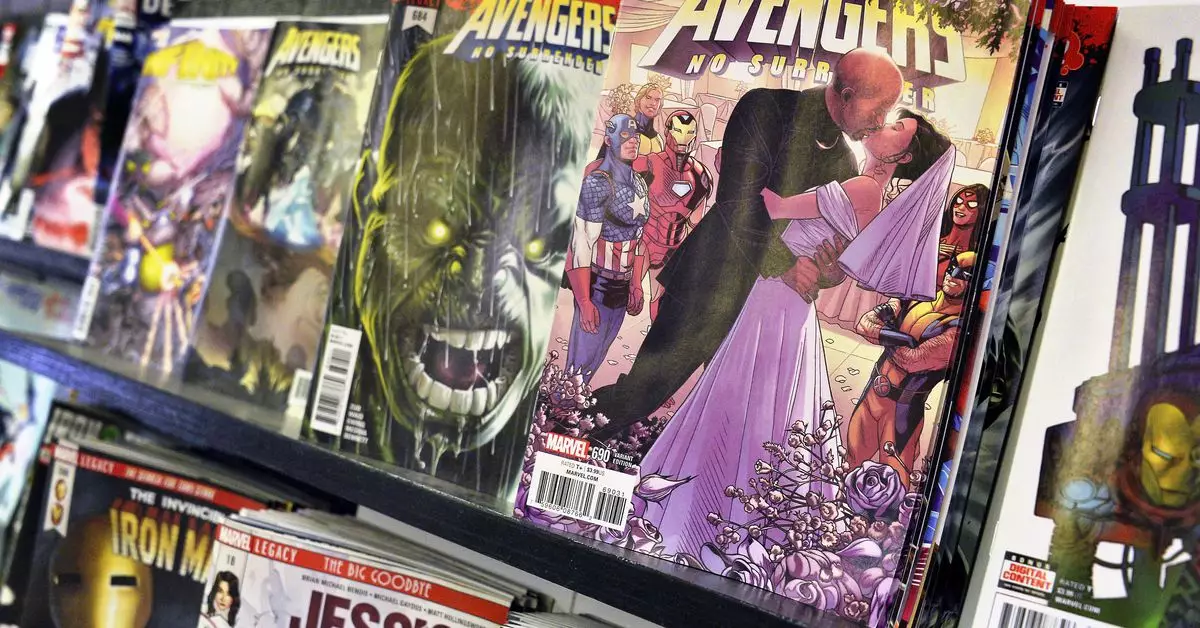In a significant legal development, the long-standing joint ownership of the “Super Hero” trademark between Marvel and DC Comics has faced a remarkable disruption. Historically, both organizations have dominated the comic book world, and their shared claim over the term “Super Hero” has symbolized their financial and cultural might. However, a recent ruling by the US Patent and Trademark Office (USPTO), in response to a challenge from a small entity known as Superbabies Limited, indicates a new chapter in trademark history. This cancellation raises critical questions about intellectual property rights in the highly competitive comic book industry.
The roots of this challenge stem from Superbabies Limited’s creator, S.J. Richold, whose aim was to promote a creative series of comics featuring superheroic infants. The small company encountered obstacles when DC Comics attempted to suppress their marketing initiatives linked to “The Super Babies.” Such corporate maneuvering would normally discourage small creators, but Richold opted to confront the giants in court.
The action led to a significant turning point; Richold’s challenge was based on the assertion that the “Super Hero” trademark should not belong exclusively to the two dominant players in the industry. Their failure to respond within the stipulated timeframe likely signaled their lack of interest in pursuing the trademark vigorously, paving the way for what would become a legal victory for Superbabies Limited.
The implication of the USPTO’s decision is profound. The cancellation of four trademarks, including the historic “SUPER HERO” registered in 1967, not only allows Richold’s project to flourish but also opens the door for other creators. This case sets a precedent for small companies looking to challenge corporate dominance in creative sectors. The remaining trademarks, such as “SUPER HEROES,” registered in 2018, and “SUPER-VILLAIN,” secured in 1985, still reside under co-ownership, but their significance may diminish in light of these recent events.
While the legal ramifications are certainly critical, the cultural implications of this shift in trademark ownership can be equally compelling. The vast universe of story possibilities becomes less constrained for independent creators who may now feel emboldened by this decision. The symbolic weight of the term “Super Hero” has been redefined and democratized, inviting new voices and stories into a genre traditionally dominated by a few major players.
This episode also spotlights the complexities inherent in intellectual property rights, especially in the realms of creativity and innovation. As corporate entities continue to expand their reach, cases like Richold’s highlight the need for balance between protecting original work and allowing access for individual creators. The world of comic books—and indeed the broader entertainment landscape—is filled with great potential that emerges from grassroots originality.
As such, this landmark event may signal a turning tide. It invites other aspiring creators to explore their unique narratives without fear of overreaching corporate claims. In a world where new stories are in high demand, the landscape of superhero trademarks has just become more dynamic, offering exciting new possibilities.


Leave a Reply